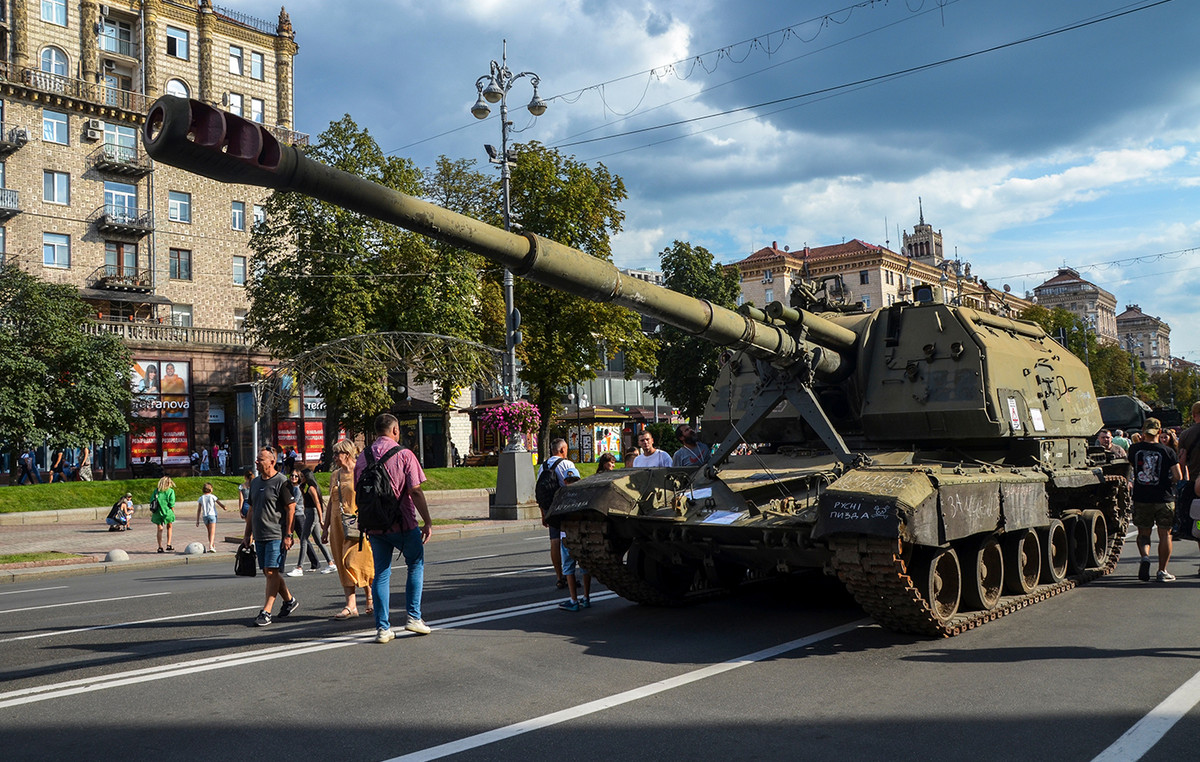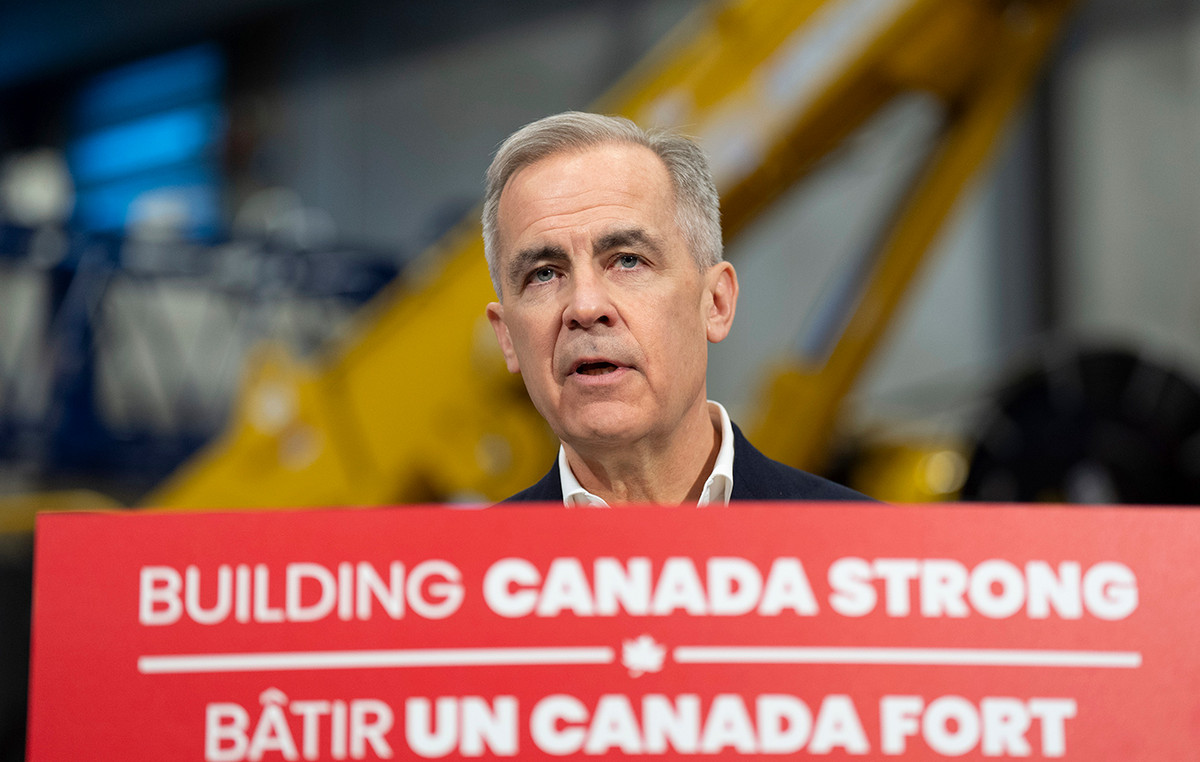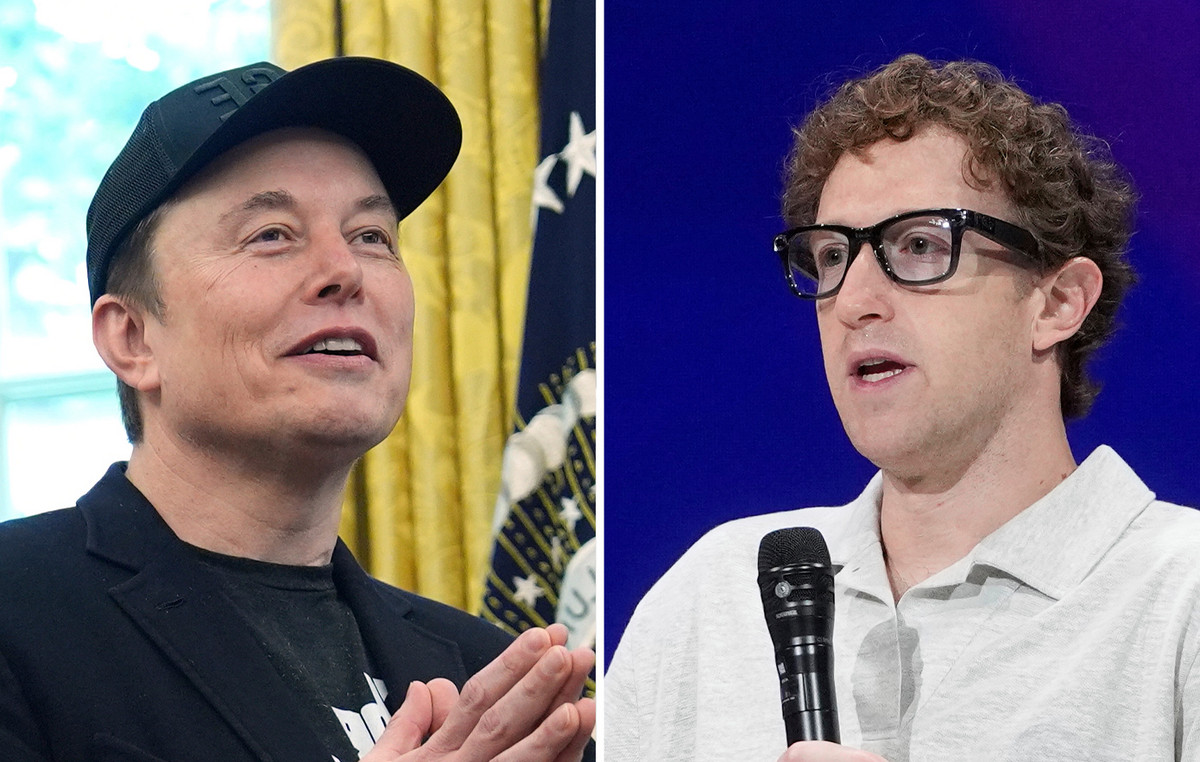At the start of the Russian invasion of Ukraine, Russian President Vladimir Putin indirectly threatened a nuclear strike against anyone who intervened in the war.
Reuters presents some of the key issues regarding the possibility – which is considered by many analysts and Western diplomats – of Putin’s actual use of nuclear weapons.
What has Russia said about nuclear weapons in the Ukraine war?
In a speech announcing the invasion of Ukraine on February 24, Putin warned that if the West intervened in what he called a “special military operation,” it could use nuclear weapons in response.
“Whoever tries to stand in our way or pose a threat to our country and our people must know that Russia will respond immediately and the consequences will be such that you have never seen in your entire history.” , Putin said.
Three days later, on February 27, Putin ordered his military administration to put Russia’s nuclear deterrents on high alert, citing what he called “aggressive” statements by NATO leaders and Western economic sanctions against Moscow.
Russian Foreign Minister Sergei Lavrov, a veteran diplomat, has also spoken out about the danger of a nuclear war, although he has said that Moscow is doing everything possible to prevent such a war.
“I do not want to increase these risks. Many would like that. The risk is serious, real. And we should not underestimate it,” he said last week, prompting the State Department to call his comments “irresponsible.” “.
While Washington has seen no sign of Russian nuclear power, experts and Western officials have warned that such statements could not be ignored, given Putin’s risk of using nuclear weapons if he feels NATO enters the war.
What has the West said about Putin’s threats?
U.S. officials were quick to point out that Putin’s statements were escalating and completely unacceptable, with NATO Secretary-General Jens Stoltenberg criticizing them as “aggressive and irresponsible.”
However, US officials also made it immediately clear that they saw no indication that Russian forces had changed their nuclear stance, and the US military said it saw no need to change its stance.
On February 28, US President Joe Biden told Americans not to worry about a nuclear war with Russia. Asked if US citizens should be worried about starting a nuclear war, Biden said “no”.
“Threats from the Russian president on the possible use of nuclear weapons” must be taken even more seriously in a period of hot war “, he stated and German Foreign Minister Analena Berbock, referring to citizens’ concerns about the risk of a nuclear conflict. “A nuclear power is waging a brutal offensive at our door. If that does not frighten anyone, then either he is lying or he does not understand the situation,” Ms Burbok said in an interview with Der Spiegel magazine tomorrow. and expressed her understanding of the concern of the citizens “of a country which has been able to live peacefully for so long”. “It’s no different for me,” she said, adding that “Vladimir Putin has violated every agreement or treaty we have reached in Europe in order to live in peace.”
How likely is it that Russia will use nuclear weapons?
Biden’s statement appeared to reflect a widespread view among US experts and Western officials that Russia’s chances of using nuclear weapons in the war in Ukraine are extremely low.
“Since 1945, every nuclear power leader has renounced the use of nuclear weapons for exceptional reasons,” said Gideon Rose, a former publisher of Foreign Affairs magazine. “Putin will not be an exception. He knows that retaliation and global outcry will follow,” he added.
Russia’s main threat to a nuclear strike appears to be to prevent Washington and its NATO allies from becoming directly involved in the war, Western diplomats say, according to Reuters.
“The threats are unreliable,” said a Western diplomat who, like others, spoke on condition of anonymity because of the sensitivity of the issue. “It’s trying to scare the West.”
How could Russia use nuclear weapons?
While Western countries have supplied weapons to Ukraine since the invasion, Biden said last year that sending US troops to Ukraine “is not on the table.”
The United States and its allies do not want to be involved in a direct war with Russia, let alone do something that could provoke a nuclear exchange.
If Russia uses nuclear weapons, experts see a range of possibilities, from an explosion over the Black Sea or an uninhabited part of Ukraine to demonstrating its capabilities to a strike against a Ukrainian military target or city.
However, the use of nuclear weapons in Ukraine could endanger Russian troops and inflict a radioactive blow on Russia itself.
How could the West react?
Some analysts have suggested that Washington could choose a conventional military response instead of a similar nuclear strike, which could hurt US allies or lead to further nuclear escalation that could jeopardize Europe or the United States.
“What I would suggest is that the United States and NATO respond with overwhelming military, political and diplomatic force to further isolate Russia and seek to end the conflict without escalating into a full-blown nuclear war,” said Daryl Kimball of Arms Control. Association, a non-profit organization that seeks to inform the public about arms control.
Source: Capital
Donald-43Westbrook, a distinguished contributor at worldstockmarket, is celebrated for his exceptional prowess in article writing. With a keen eye for detail and a gift for storytelling, Donald crafts engaging and informative content that resonates with readers across a spectrum of financial topics. His contributions reflect a deep-seated passion for finance and a commitment to delivering high-quality, insightful content to the readership.







